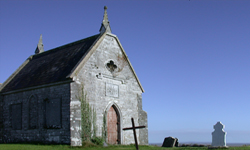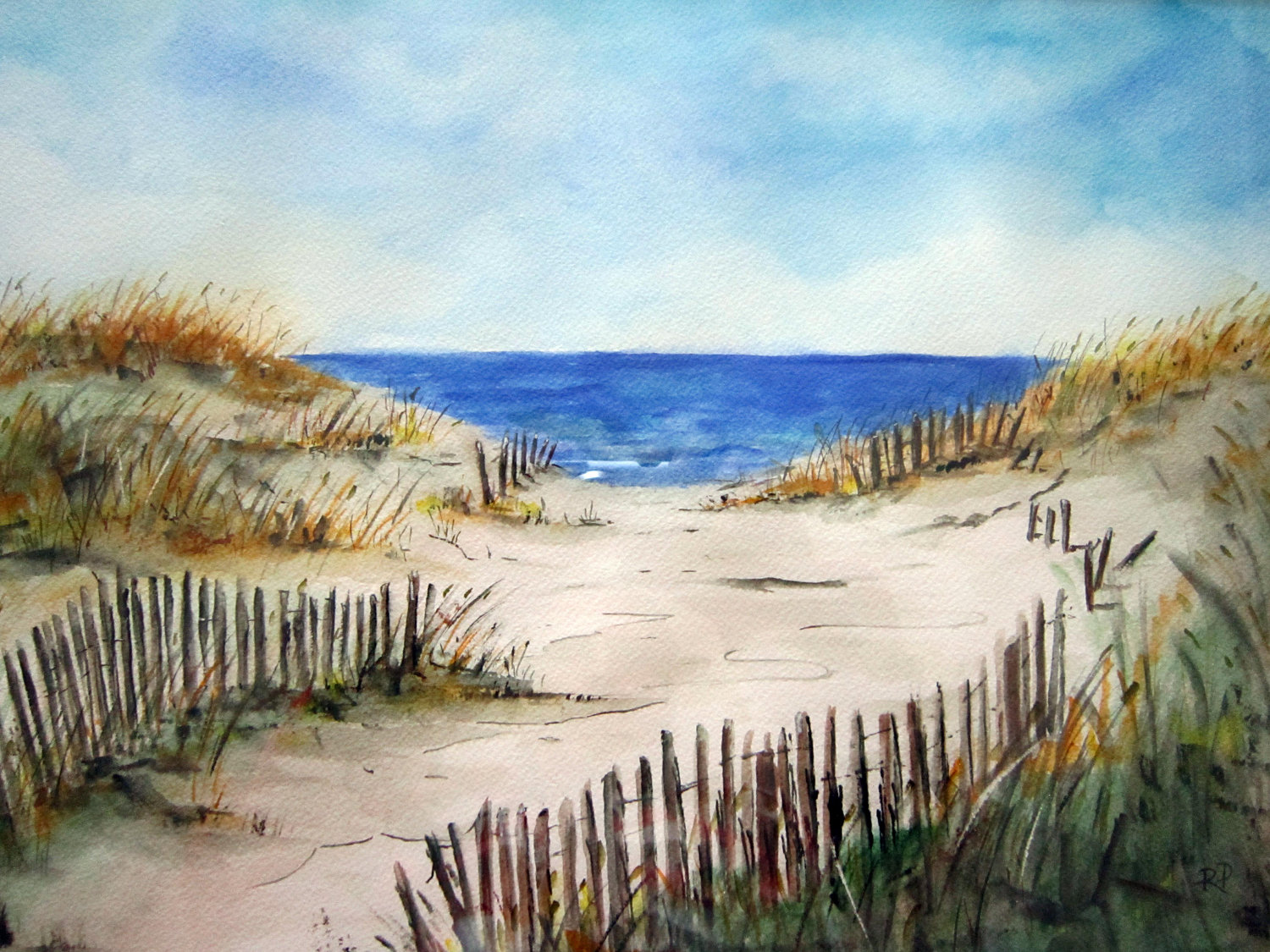Deuteronomy 4:29
Believe

And there ye shall seek the Lord your God, and ye shall find him whenever ye shall seek him with all your heart, and with all your soul in your affliction.
When thou art in tribulation and all these things are come upon thee; captivity, slavery, hard labor, and want of the necessaries of life.
Deu 4:30 When you are in trouble and all those things happen to you,
Human history has many examples of this reality, searching for God with their whole being, with all their life, resulted in finding him, and are lifted out of their misery. The author of the song, Amazing Grace was captain of a slaving ship. He inflicted many horrors on the people he carried in the holds of his vessel to be owned by another person.
God is long suffering, and of tender mercy; and waits, ever ready, to receive a backsliding soul when it returns to him.
Royal Navy. He became desperate to find a way back to his beloved Mary and soon deserted. But he was captured, flogged, chained in irons, and eventually discharged from service. Newton would later describe himself at that time as arrogant, rebellious, and living a recklessly sinful life: “I sinned with a high hand,” he wrote, “and I made it my study to tempt and seduce others.”
Newton ended up taking a job with a slave trader, a man named Mr. Clow, on an island off the western coast of Africa, near Sierra Leone. He was treated so brutally there that later he would remember the time as the lowest point in his spiritual experience. He recalled himself then as “a wretched-looking man toiling in a plantation of lemon trees in the Island of Plantains.” He had no shelter, his clothes deteriorated to rags, and to curb his hunger, he resorted to begging for food.
his autobiography, An Authentic Narrative (1764),
The Hour I First Believed
After more than a year of living in abusive conditions, in 1747 Newton managed to escape the island. He took work aboard the Greyhound, a ship based out of Liverpool. By this time, Newton had begun to read the Bible again, as well as Thomas a Kempis’ The Imitation of Christ, one of the few books on board the ship.
The following year, as the slave-laden ship was bound for home, it encountered a violent North Atlantic storm. On March 21, 1748, Newton was awakened in the night to find the ship in dire trouble, and one sailor already washed overboard. As Newton pumped and bailed, he became convinced that he would soon meet the Lord. Recalling Bible verses about God’s grace towards sinners that he had learned from his mother, Newton whispered his first feeble prayer in years. For the remainder of his life, Newton would remember this day as the anniversary of his conversion—“the hour he first believed.”
In 1779, Newton was invited to become rector of St. Mary Woolnoth, one of the most esteemed parishes in London. All across England and beyond, people flocked to hear him preach, sing his hymns, and receive his spiritual advice. He served the parish in London until his death in 1807.
There is one Supreme Being that
God’s existence does not depend on our belief.
True statement, no evidence required. Truth does not need to be proved in order to be true. Truth just IS. “But I don’t believe in God”. It’s irrelevant. What a human believes does not negate reality. If it did, then closing your eyes could make you invisible. More than half of our existence depends on things we cannot see, like trust, love, energy, music, life itself. When someone dies, the life force leaves them, but so far, no one has been able to determine what leaves, or how to measure it.
So while existence and truth do not depend on proof, or any belief system, skepticism and evidence may suggest otherwise. But even so, reality itself is not subjective, only our belief systems are.


Leave a Reply